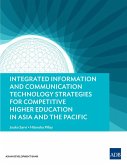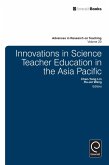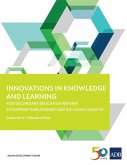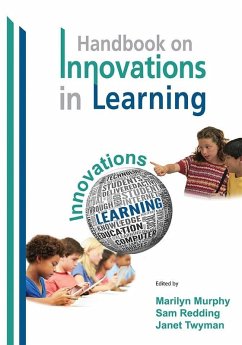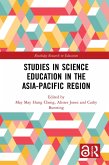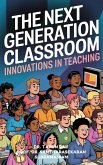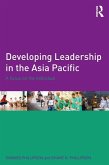Higher education institutions in Asia and the Pacific, modeled on industrial age thinking that demands excellence in routinized capacities, lack the ability to innovate and create new knowledge enterprises. The transition to a knowledge economy is affecting the purpose, content, pedagogy, and methodologies of higher education. Nontraditional stakeholders such as professional bodies, industry experts, think tanks, research institutes, and field experts/practitioners are now involved not only in planning but in providing higher education services. The traditional model of "knowledge versus skills" is no longer relevant. Higher education programs must consider lived experiences, contextual knowledge, and indigenous knowledge.
Dieser Download kann aus rechtlichen Gründen nur mit Rechnungsadresse in A, D ausgeliefert werden.



